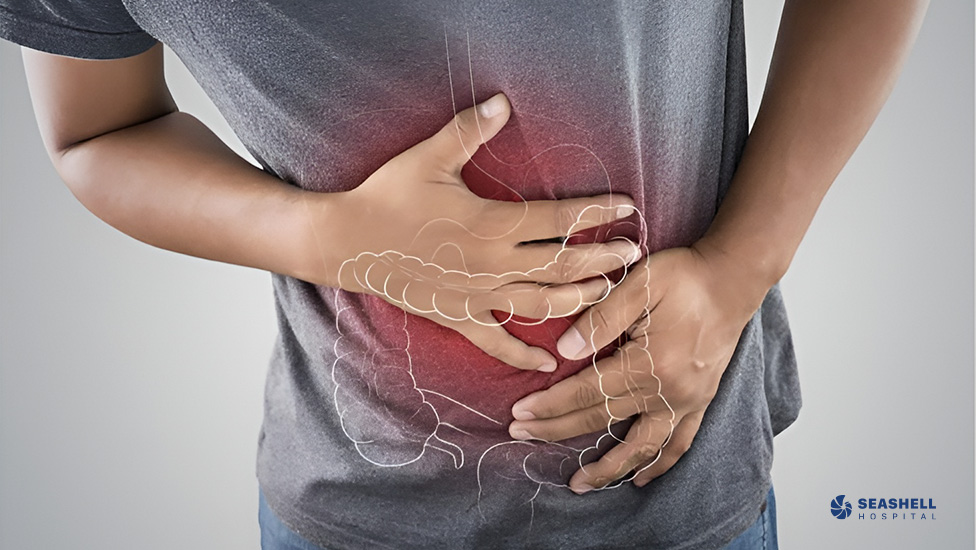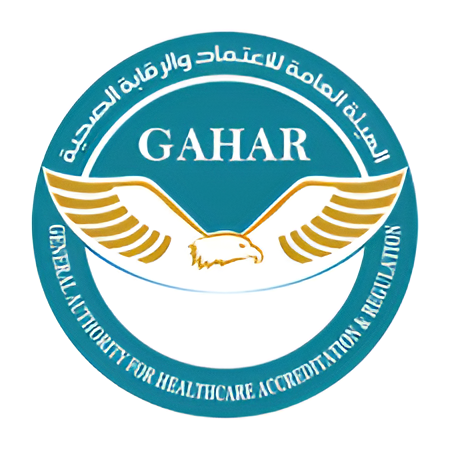 May 22, 2025
May 22, 2025
Colon Diseases: How to Prevent Them
The Colon is an essential part of your digestive system, It makes up about one-fifth of the digestive system. It plays a crucial role in your body by absorbing indigestible parts like water, salts, and some nutrients, turning them into stool. However, the colon can be affected by various diseases and disorders that may impact your quality of life.
Colon issues range from annoying conditions like Irritable Bowel Syndrome (IBS) to serious diseases like colon cancer.
Colon Diseases and Their Symptoms
1. Irritable Bowel Syndrome (IBS)
Description:
IBS is a common digestive disorder. It’s bothersome but not dangerous.
Causes:
Exact causes are unknown, but factors include bowel movement disturbances, nerve dysfunction, bacterial overgrowth in the colon, genetic factors, and poor mental health like stress and depression.
Symptoms:
- Changes in bowel habits (diarrhea, constipation, or both)
- Abdominal bloating
- Lower abdominal pain due to bowel movement disturbances
2. Ulcerative Colitis
Description:
This inflammatory disease affects the colon’s inner lining. Causes are unknown but may involve immune system issues, genetics, and environmental factors.
Symptoms:
– Diarrhea with blood or pus
– Rectal pain and bleeding
– Fever and fatigue
– Appetite loss and weight loss
– Abdominal pain
– Urgent need to defecate
3. Diverticulitis
Description:
Small pouches (diverticula) form in the colon lining. When inflamed, they cause swelling and infection.
Symptoms:
– Appetite loss and constipation
– Nausea and vomiting
– Fever
– Abdominal pain
3. Colon Polyps
Description:
Normally, colon cells grow and divide. Genetic disorders can cause excessive growth, forming polyps that may become cancerous.
Symptoms:
– Change in stool color
– Changes in bowel habits (constipation or diarrhea for over a week)
– Rectal bleeding and iron deficiency, leading to anemia
– Shortness of breath and fatigue
4. Colon Cancer
Description:
This cancer starts in the colon’s inner lining, often at the end near the rectum. Causes are unclear but include age, genetic disorders, family history, inflammatory bowel diseases, high red/processed meat intake, smoking, and obesity.
Symptoms:
– Changes in bowel habits and frequency
– Abdominal cramps and bloating
– Blood in stool
– General weakness
– Regular bleeding and anemia in advanced stages
– Feeling of incomplete bowel emptying
– Weight loss
Prevention of Colon Diseases
Adopting a healthy lifestyle and preventive measures can help protect your colon. Here are some tips:
Regular Checkups:
Regular screenings are key, especially with a family history of colon diseases.
Healthy Diet:
– Eat fiber-rich foods like fruits, vegetables, oats, whole grains, and nuts.
– Drink plenty of water.
– Limit red/processed meats, fried foods, caffeine, and alcohol. Quit smoking.
Physical Activity:
Regular exercise reduces stress and anxiety, helping manage colon disease symptoms.
Despite the complexities of colon diseases, advances in medical science and increased awareness mean many conditions can be effectively diagnosed and treated. Promoting digestive health awareness can improve life quality and prevent diseases. Prevention remains the best path to a healthy, sustainable life.
